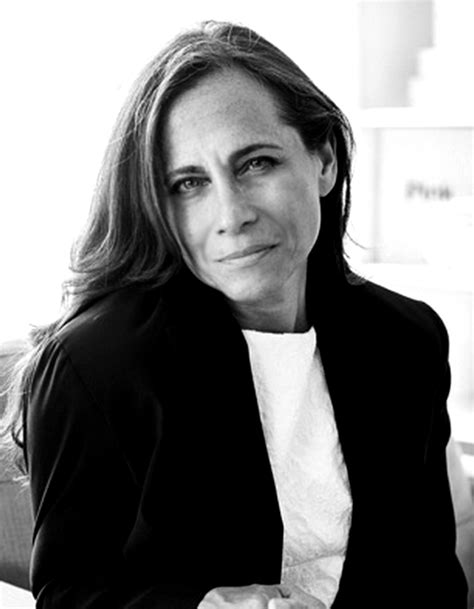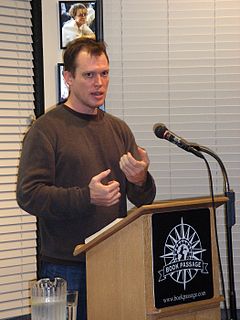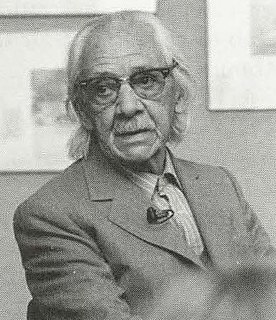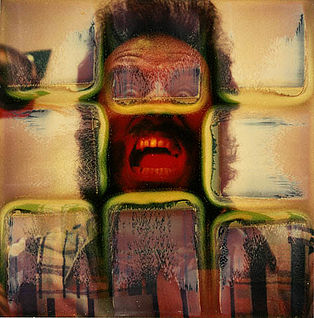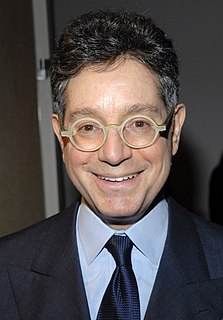A Quote by Margaret Atwood
Popular art is the dream of society; it does not examine itself.
Related Quotes
Does political correctness have a good side? Yes, it does, for it makes us re-examine attitudes, and that is always useful. The trouble is that, with all popular movements, the lunatic fringe so quickly ceases to be a fringe; the tail begins to wag the dog. For every woman or man who is quietly and sensibly using the idea to examine our assumptions, there are twenty rabble-rousers whose real motive is desire for power over others. The fact that they see themselves as antiracists or feminists or whatever does not make them any less rabble-rousers.
(There is) art that states the problems of society and wakes people up to make changes in their lives or in their communities,...art that offers an alternative, that demonstrates human behavior that can become a model for creativity, cooperation, freedom and playfulness, and...art that in itself provides glimpses of a larger consciousness or reflects upon the inexplicable.
Contrary to popular stereotypes, seeking simplicity doesn't require that you become a monk, a subsistence forager, or a wild-eyed revolutionary. Nor does it mean that you must unconditionally avoid the role of consumer. Rather, simplicity merely requires a bit of personal sacrifice: an adjustment of your habits and routines within consumer society itself.
Before the Conquest all art was of the people, and popular art has never ceased to exist in Mexico. The art called popular is fugitive in character, with less of the impersonal and intellectual characteristics of the schools. It is the work of talent nourished by personal experience and that of the community - rather than being taken from the experiences of painters in other times and other cultures.








